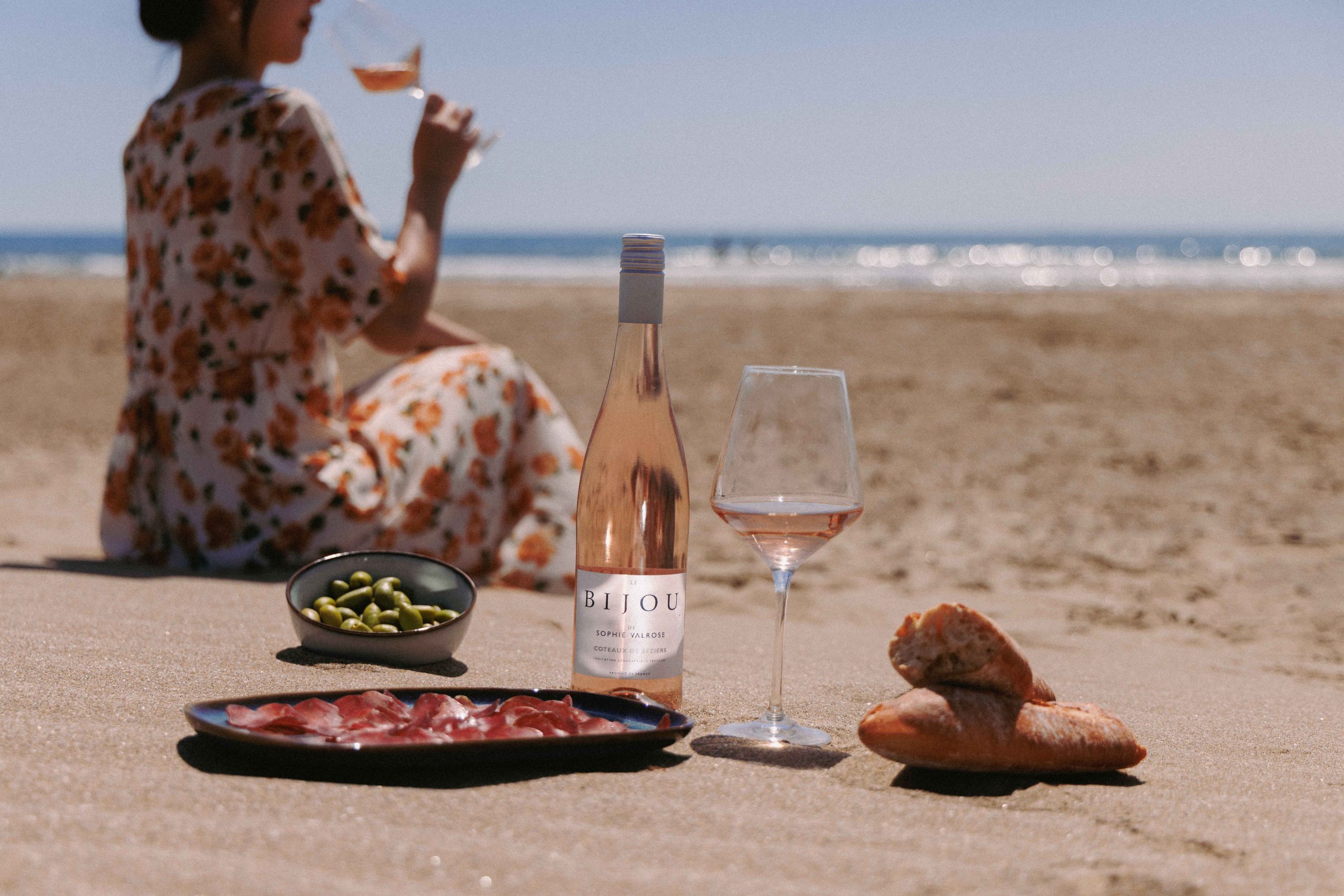Australian Vintage in ‘early stages’ of potential Accolade merger
By Ron EmlerThe biggest change for a generation in the Australian wine landscape could be triggered by the potential merger of the country’s second and third largest producers, Accolade Wines and Australian Vintage.

Both companies have been battling the perfect storm of global consumer preferences moving upmarket from commodity wines at the same time as their biggest export market, China, was slammed shut by Beijing’s imposition of punitive tariffs on shipments from Australia.
Earlier today Australian Vintage confirmed “it is in exploratory discussions with Accolade, however these discussions are at a very early stage and there is no certainty that any transaction will eventuate.”
AV’s leading brands are McGuigan and Tempus Two while Accolade’s premier lines are Hardy’s, Banrock Station and Petaluma.
Carlyle Group
Accolade has been owned by the US investment house Carlyle Group since 2018, when it bought it for AU$1 billion.
It ran up debts and only a few weeks ago a consortium led by Bain & Co agreed to become the controlling interest by buying the debt at a big discount. That included $AU572 million due in June 2025 and an AU$150 million credit facility maturing this year.
Accolade had already unloaded its House of Arras Tasmanian business to cut costs, and it has been widely expected that the Bain consortium would restructure its balance sheet after injecting $AU40m into the company.
The longer-term objective would be to reshape the company in advance of a future profitable sell- on.
Reshaping
A deal with Australian Vintage would be a major step down that road.
Partner Content
Last week, Australian Vintage reported that its net profits for the six months to Christmas fall by 78% to $AU2.78 million compared with 2022.
AV has been undertaking a strategic review of its options as pressures mounted for wine groups exposed to the commercial wine segment, where prices range below $AU15 per bottle.
The potential link between Accolade and AV would lead to a major drive to cut out duplicated costs and drive wines further up the price spectrum to better meet the changing demands of the market.
Undoubtedly that would lessen demand for volume grape production.
Tough conditions in the industry have prompted other reviews and an exploration of other asset sales. It has been widely reported that Pernod Ricard is examining options for its Jacob’s Creek range produced in South Australia because it generates lower returns on capital compared with international spirits brands.
Growers
Any combination of merger or sales of the major exporters would put further pressure on the myriad small growers who comprise the backbone of the Australian industry, many of whom are already facing bankruptcy.
Only last week some growers complained that they were being offered 1970 prices for this year’s crush which is due in a few weeks’ time.
Today’s biggest Australian wine Group, Treasury Wine Estates, has already announced plans to close its commercial Karadoc winery in north-west Victoria after this year’s harvest.
That was in response to changing consumer preferences and to enable the company to focus on growth in its luxury and premium wine portfolios.
Related news
Trump tariff explainer: the main takeaways
The Big Interview: Stephen Henschke
Everything you wanted to know about the Australian beer industry




